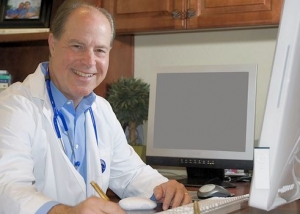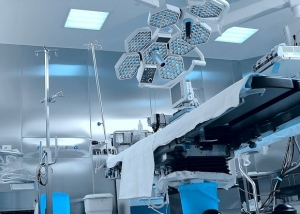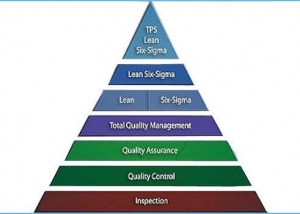Project Description
Clinical Management Solutions from OR Efficiencies
Physician Leadership Development
The OR Efficiencies team of consultants brings clients identified opportunities to make program change and assists in implementing successful change. However, if a hospital’s leadership team is not capable of sustaining change, programs will regress after the consultant leaves regardless of the capabilities and successes of the consultant.
The cost of changes that fail (or then the regression of success) goes far beyond financial cost or foregone revenue. When changes fail and programs regress in organizations, employees and physicians begin to lose trust in the leadership of the organization. They become frustrated, cynical, and begin to give up. Employees and physicians often turn into chronic complainers which make the chances of future change efforts even less likely to succeed.
Most leaders struggle in this area getting bogged down in obstacles and an inability to form strong relationships that often derail many change processes. It is the emotionally intelligent leader that can manage through obstacles and create support for change. In this highly impactful program physician leaders will learn how to use emotional intelligence to be more effective leaders and drivers of change.
A modified program is available to mentor and develop non-physician directors of a hospital’s clinical service-lines (OR; Labor & Delivery; Emergency Department; etc.)
- Myers Briggs personality style
- EQ-I Emotional Intelligence assessment
- 360 Evaluation
- Conflict styles assessment
Group Sessions: Typical Program Curriculm
Understanding who you are, what motivates you, how others see you is critical to being a successful leader. Leaders who lack self awareness are typically difficult to work with, and lack influence with their peers.
In this workshop we will review feedback from the assessments and look at how participants can use this information to make changes in their leadership style.
Most people know what needs to be done but only a leader knows how to make things happen. In these two sessions participants will learn advanced self management techniques such as: developing optimism, being resilient when faced with obstacles, assertiveness, and self motivation.
During this period participants will set and begin working towards achieving one “impactful” organizational goal.
In most physicians groups each physician acts as their own independent business owner. It can be a challenge to bring together different opinions and agendas and lead a group in a unified direction. In this section the focus will be on how to improve peer relationships and create alignment within the group.
The focus of these sessions will be on using alignment and empathy as strategies to influence other’s behavior. During this period participants will practice these techniques within their own group.
Most physicians are taught to think tactically not strategically. Yet a true physician leader will know where a practice needs to head and can see and communicate a way to get there. They understand the forces at play and keep their eye on the bigger picture.
During this period we will look at strategic tools such as systems thinking to help the physician leaders develop a strategic vision for their practice. They will also begin using these tools to help them achieve their “impact” goal.















